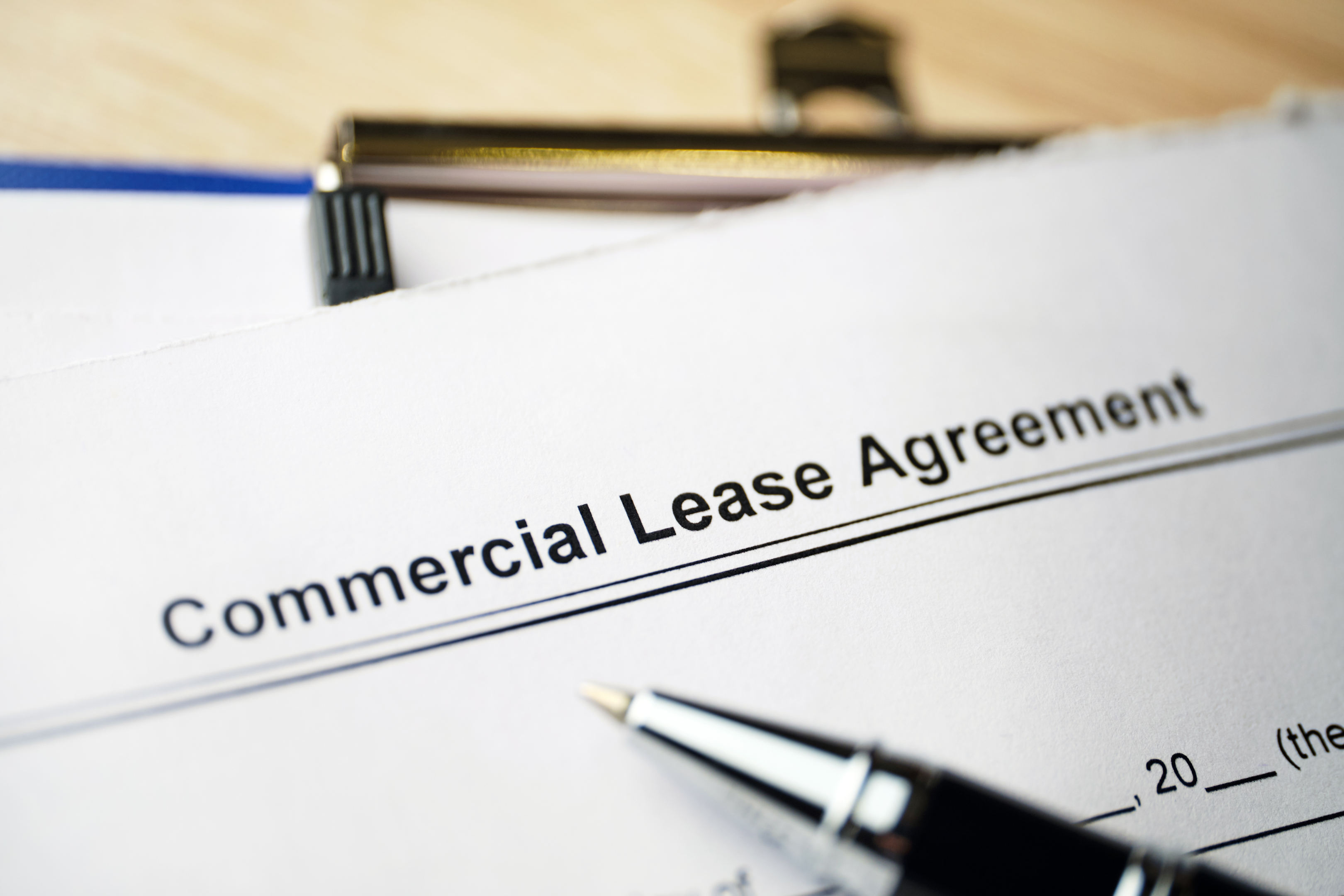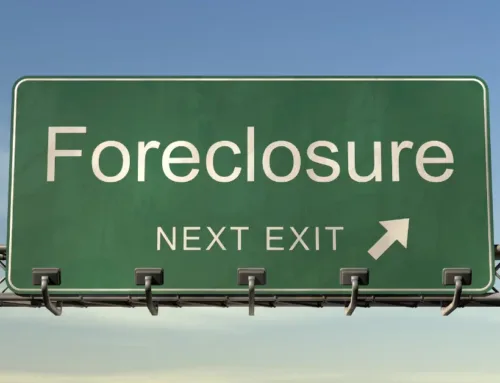Commercial tenant evictions require a strategic approach, navigating legal intricacies while ensuring transparent and lawful processes. This comprehensive guide aims to provide commercial landlords, property managers, and real estate professionals with a detailed understanding of the eviction process for commercial tenants in Texas.
Navigating the eviction process is essential for commercial landlords to address tenant-related challenges promptly and effectively. A clear understanding of this process empowers landlords to enforce lease agreements and maintain the integrity of their properties.
Evicting a commercial tenant involves the intersection of business and real estate law. This intricate interplay ensures eviction proceedings are legally sound and mutually beneficial for both landlords and tenants.
Whether you’re in need of legal assistance for various aspects of business, such as office, retail, industrial, or warehouse space, it’s crucial to engage attorneys who possess a deep understanding of contract negotiation, agreement drafting, resolution of commercial lease disputes, construction project management, and more.
If you’re searching for a commercial real estate attorney in Austin, TX, your search can end with Kelly Legal Group. Our firm has a robust history of representing clients in diverse commercial real estate matters spanning over a decade.
Our extensive expertise encompasses a wide array of commercial real estate areas, including but not limited to leasing, buying, selling, financing, managing, developing, and construction. We also offer representation to landlords and tenants in real estate litigation matters. We extend the convenience of free initial consultations, so don’t hesitate to reach out today.
👉Also read: When Should I Hire a Real Estate Lawyer in Texas?
Lease Agreements and Rent Owed

Lease agreements form the foundation of the landlord-tenant relationship and play a pivotal role in the eviction process for commercial properties. These agreements outline the terms, conditions, and obligations of both parties. The terms of the lease, including rent amount, due date, and any clauses related to non-payment, provide a framework for rent payment expectations.
The impact of lease agreements on commercial tenant evictions cannot be overstated. When tenants fail to meet their rent obligations as outlined in the lease, landlords have the legal right to take action. Addressing delinquent rent issues and unpaid rent is a crucial aspect of maintaining the integrity of the lease agreement. Landlords must adhere to legal protocols while pursuing remedies for unpaid rent, including the initiation of eviction proceedings if necessary. This underscores the importance of clear and well-drafted lease agreements, as they lay the groundwork for responding effectively when rental payments are not fulfilled.
The Eviction Process: Legal Steps for Commercial Landlords
Navigating the eviction process is a critical aspect of being a commercial landlord, necessitating a clear understanding of the legal steps involved. This process typically begins with the issuance of an eviction notice or a notice to vacate.
The eviction notice serves as an official communication to the tenant, outlining the specific reasons for the eviction and setting a deadline for compliance. Complying with the regulations of the Texas Property Code during commercial evictions is of utmost importance. Adhering to these guidelines ensures that landlords follow a fair and lawful procedure, protecting both parties’ rights throughout the process. By following the correct legal procedures, landlords can initiate eviction proceedings with confidence, knowing that they are adhering to the established framework designed to maintain fairness and transparency in commercial rental property management.
Initiating the Eviction Lawsuit
When all other attempts to resolve the situation have been exhausted, initiating an eviction lawsuit becomes a necessary step for commercial landlords. This involves filing a forcible detainer action in court, which essentially requests the court’s intervention in removing the tenant from the property. Before filing the lawsuit, it’s crucial to provide written notice of the impending legal action to the tenant.
This notice serves as a formal communication of the landlord’s intent to pursue legal action due to non-compliance or breach of lease terms. Providing proper written notice not only fulfills legal requirements but also informs the tenant of the impending consequences, allowing them to address the situation if possible. Once the eviction lawsuit is filed, the legal process begins, and the court will schedule a hearing to review the case. This stage emphasizes the significance of adhering to legal protocols and ensuring that all necessary documentation and notices have been correctly prepared and served to the tenant.
The Court Date and Tenant’s Opportunity to Respond
In commercial tenant evictions, the court process is pivotal. The court date offers both the landlord and tenant the chance to present their cases. Tenants have the opportunity to respond and negotiate with the landlord.
The judge’s ruling holds weight, determining if the tenant must leave or if alternatives exist. This ruling shapes the eviction’s direction, making legal expertise crucial. Expert attorneys in business and real estate law can navigate this process effectively, ensuring fair treatment and proper adherence to legal procedures.
Regaining Possession of the Commercial Property
Regaining possession of the commercial property is a critical step after an eviction order is granted. This involves executing the Writ of Possession, a legal document that empowers the landlord to regain control of the property.
Law enforcement officials may assist in removing any remaining occupants. Additionally, rekeying the door locks is crucial to prevent unauthorized access and ensure the property’s security. Returning possession to the landlord allows them to take necessary steps for re-leasing or managing the property.
This process requires adherence to legal protocols and timelines, highlighting the significance of legal expertise in handling property-related matters. Business and real estate lawyers can guide landlords through these steps smoothly, ensuring a lawful possession of the property.
Tenant’s Property and Security Deposit
Managing tenants’ property left behind post-eviction involves careful attention to legal obligations. After an eviction, tenants may leave belongings behind, and landlords must adhere to specific procedures to handle these items properly. Failure to follow these protocols can lead to legal complications. Furthermore, understanding the role of security deposits in commercial leases is crucial. Security deposits are intended to cover potential damages caused by tenants and unpaid rent. They require compliance with legal guidelines to ensure proper handling and return.
Tenant’s Regular Business Hours and Grace Period
Tenant eviction processes can be influenced by factors such as the tenant’s regular business hours. Commercial landlords need to consider operational timings to minimize disruptions during the eviction process. Additionally, grace period considerations are essential. These grace periods, if present in lease agreements, determine the timeframe within which tenants can rectify lease violations before eviction proceedings commence.
Legal Assistance in Commercial Evictions
Securing legal assistance in commercial evictions is vital for landlords. A commercial landlord’s attorney plays a crucial role in navigating complex legal processes. From initiating eviction lawsuits to negotiating with tenants, legal professionals provide strategic guidance. Complying with Texas law is pivotal to avoid pitfalls that could lead to delays or disputes during eviction proceedings.
👉Also read: Struggling With Mortgage Loan Modification: Get Professional Guidance from Our Legal Experts
Take Control of Your Commercial Tenant Evictions with Kelly Legal Group
When it comes to commercial tenant evictions, knowledge is power for landlords. At Kelly Legal Group, we specialize in providing you with the legal insights required to navigate eviction processes seamlessly. Leveraging our deep expertise in business and real estate law, we’ll expertly guide you through the intricacies of eviction proceedings.
Contact us today to secure transparent and expert-driven eviction processes that safeguard your property and protect your rights. Don’t leave your property and livelihood to chance – empower yourself with our legal expertise for a hassle-free eviction process.






